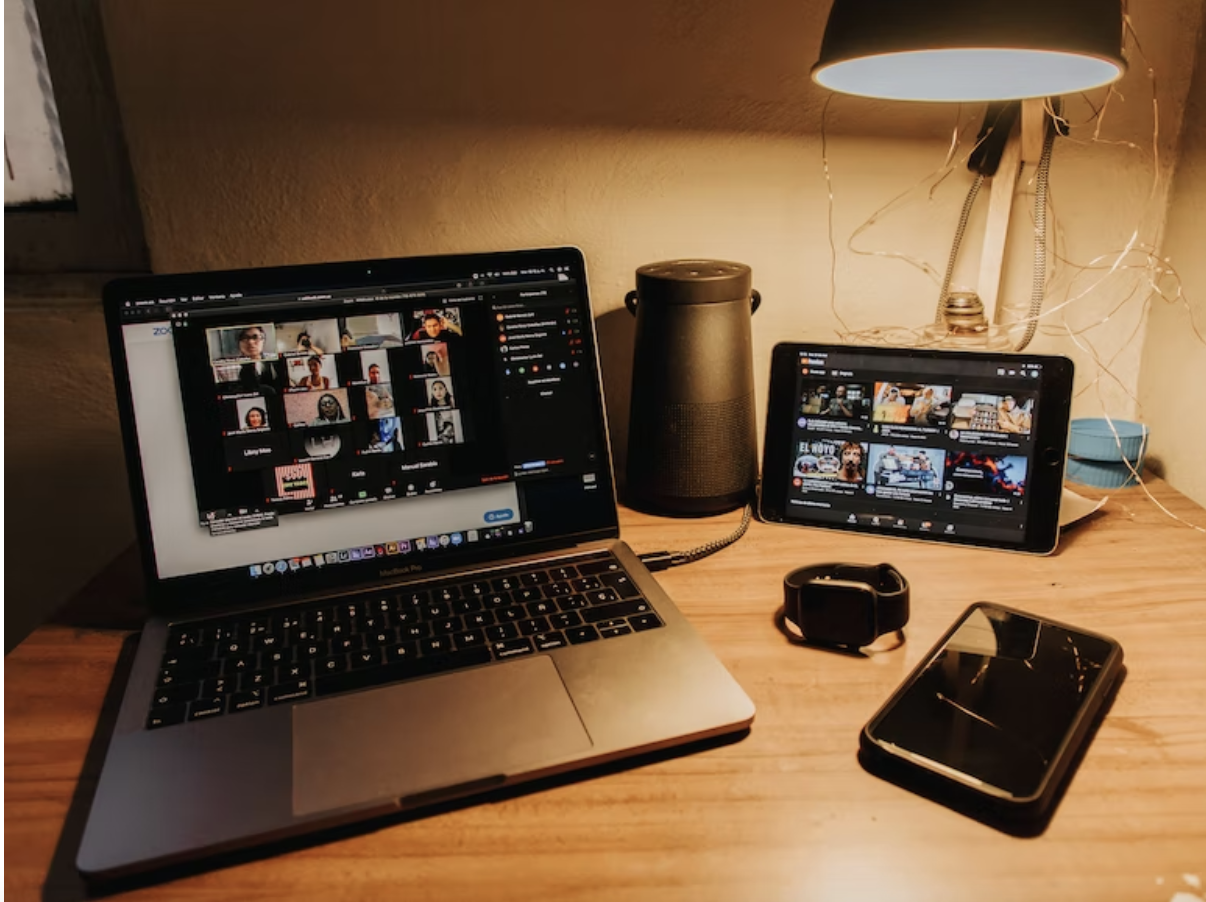The world could certainly use better listeners. Today, you’ll find a lot of people ready to talk, give opinions, offer advice, and just chatter, but few people are actively engaged in listening. It’s understandable — you likely have a lot on your mind and plenty to say. But being a good listener has tremendous benefits. Among them, good listeners tend to be better friends, they’re often taken more seriously, and, perhaps most importantly, they stand to learn more.
1. Reach Out to Form Bonds
One of the first steps to becoming a better listener is to encourage people to talk to you. People learn quickly who is paying attention to what they’re saying and who’s zoning out mid-conversation. Once you discover someone isn’t a good listener, you’ll likely stop trying to talk to them, at least about anything important. Talking to someone about issues that matter to you, only to have them ignore or dismiss you, is disheartening.
So, how do you form that bond or reestablish it if it’s been broken? Reach out. You could make a call, ask your friend or loved one out for coffee, or send a small gift. If your friend is ill or going through a tough time, you could consider sending get well soon gifts to show you care. The more you show up in that person’s life, the more likely they are to begin trusting you enough to talk to you. Then, you can work on actively listening.
2. Find Points of Connection
One approach to actively listening is to find a point or points of connection. The more you can relate to someone, the easier it is for you to pay attention and stay engaged. It can be challenging to talk to someone who can’t relate to you because you feel like they might judge you. Instead, people who need someone to talk to will more likely seek therapy with a professional or find someone they feel can relate to their issues.
To connect, you can ask leading questions that help you see the larger picture of what the person is going through. The more you learn, the more you will be able to relate that person’s situation with one you’ve experienced before. Letting the person know you’ve been where they are opens up an opportunity for connection. Then, the person talking to you may feel more comfortable being honest and transparent.
3. Repeat Back What You Hear
A large part of active listening is letting the person talking know you’re not just sitting there quietly while they talk. A good listener shows the person talking that they “get it.” Again, one of the worst experiences when sharing your feelings is to feel like the person isn’t absorbing anything you said. Rather than making you feel relieved that you have someone to talk to, you may end up feeling even worse.
To let the person know you’re engaged, repeat back what they said in new words. Use language like, “So what you’re saying is…” and “Okay, here’s what I’m getting from you…” and then put what they said into your own words. This approach to listening shows you’re interested. Now, your friend is more likely to feel cared for and understood.
4. Empathize
Sadly, there is an absence of empathy in today’s world. Watch the news or scroll social media for long enough and you’ll find what seems like an increase in divisiveness and hostility between people on different sides of an issue. This divisiveness happens in politics, religion, social and economic subjects, and more. Why? Because people don’t feel like their “opponents” listen to them or understand them.
The reality is that most people within a culture typically feel the same way about most issues, they just forget to empathize with each other. To listen better, work hard at empathizing — place yourself in the other person’s shoes. When you can really imagine yourself as that person in their circumstances with their experiences, you will be more likely to understand where they’re coming from. Then, you’ll be more likely to be a better listener.
5. Take Your Time
Finally, to be a really good listener, you have to have patience. Many people don’t just open up to others right away, especially if they feel like they’ve already been burned. It takes time to build the trust that encourages someone to talk to you. You might be dealing with someone who is naturally shy, who has been hurt before, who has trust issues, or all of the above. You can’t rush genuine conversations.
Instead, be present for that person. Show up, bring coffee or tea, talk long walks together, and reveal yourself to be the good friend or ally that you want to be. Over time, you may find that person testing you (whether they realize it or not) by sharing small parts of themselves at a time. This is your chance to practice the steps above — finding points of connection, empathizing, and actively listening. As more time goes on, your bond should strengthen.
Ultimately, becoming a better listener depends largely on both you and the person trusting you enough to talk to you. Listening, at its core, is a critical element of all relationships. Good listening will lead to trust and respect and bad listening will ensure a relationship remains shallow. The good news is listening is a skill that pretty much anyone can learn, which means the more you practice, the better you should get!




